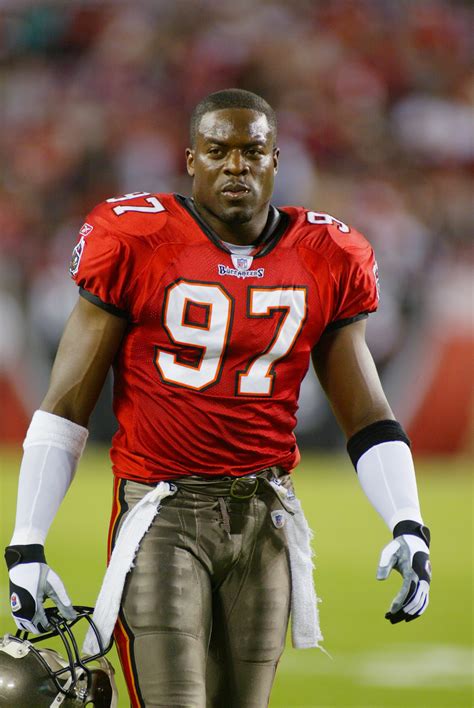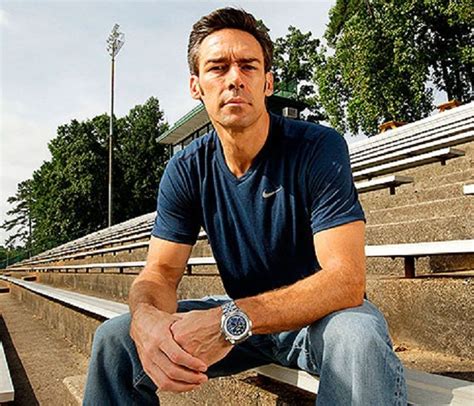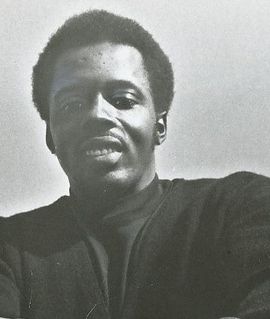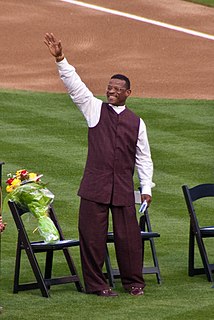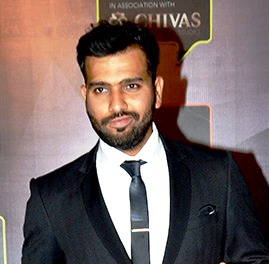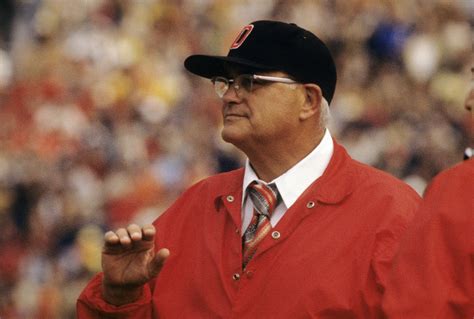A Quote by Simeon Rice
For me, it's not about sacking the quarterback. It's about changing the course of the game. It's causing a crucial fumble at a crucial time. It's making a tackle for a loss when the opposing team needs to gain one or two yards for the first down. I look at myself as a sudden-impact player.
Related Quotes
A good friend of mine took me out and had me hit off a tee. He made me understand what was my strike zone and - with my speed - the importance of making contact. So I give him a lot of credit for changing my game and making me the player I became. He showed me how to work on me and my game, and not worry about patterning myself after someone else and focusing on what they were capable of doing rather than what I was capable of doing.
Two types of choices seem to me to have been crucial in tipping the outcomes [of the various societies' histories] towards success or failure: long-term planning and willingness to reconsider core values. On reflection we can also recognize the crucial role of these same two choices for the outcomes of our individual lives.
